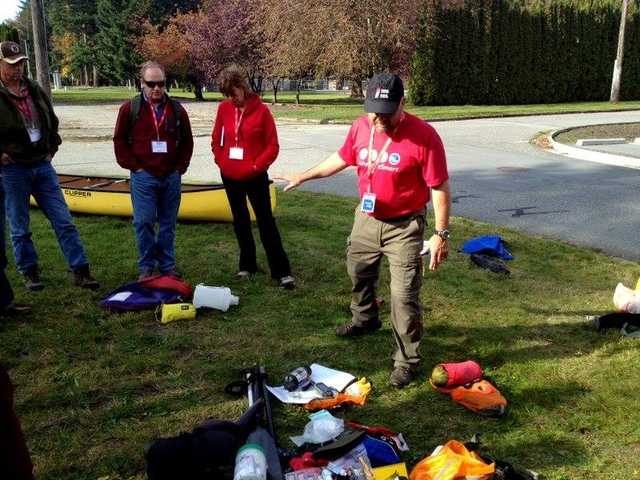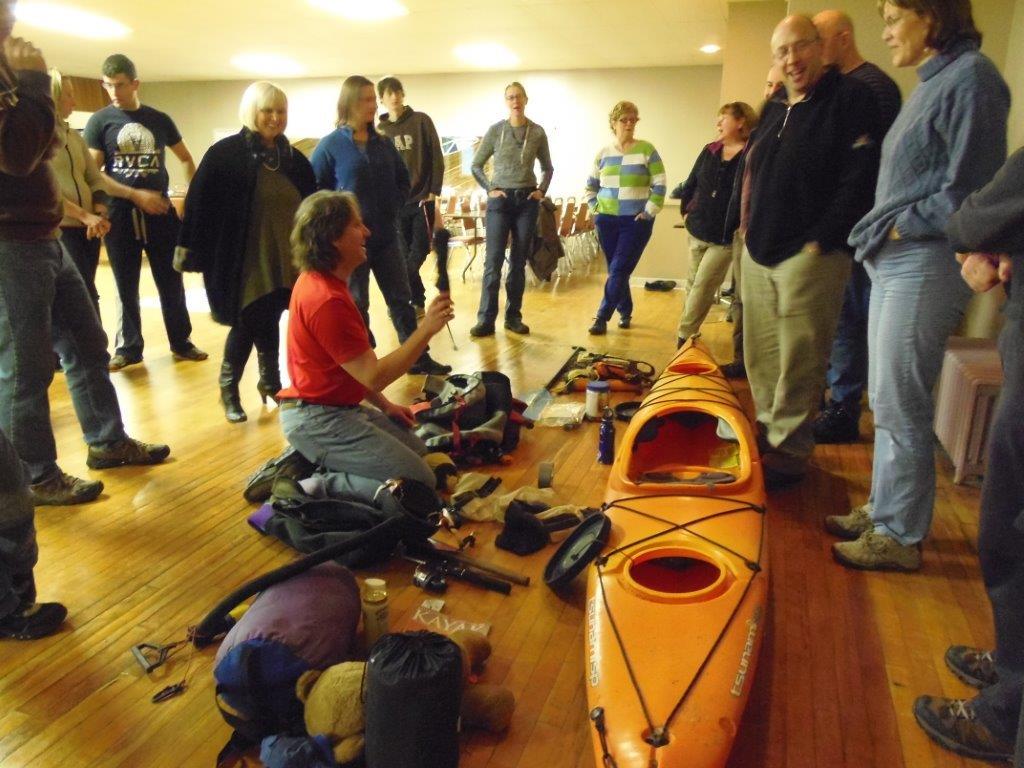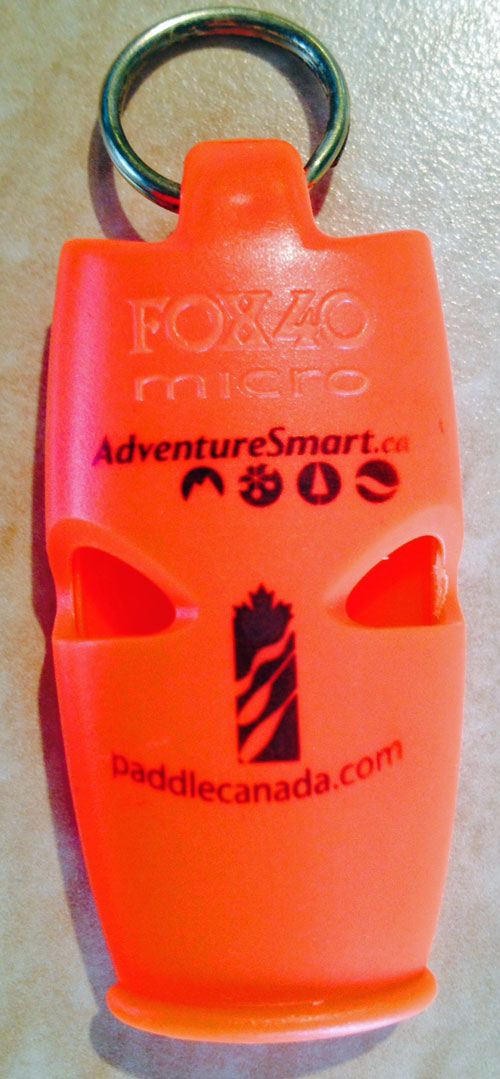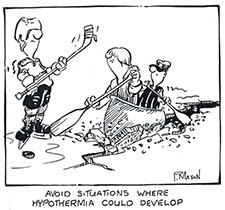PaddleSmart
Duke of Edinburgh Awards Ontario ( www.dukeofed.org/)
Starting in 2018 the Duke of Edinburgh Awards and PaddleSmart and teaming up together to support youth in preparing to explore and challenge themselves in the outdoors! The Ontario branch of the Duke of Edinburgh Awards will be using PaddleSmart and Survive Outside as their base for learning about outdoor safety for those choosing to undertake one of the three award levels of the Duke of Edinburgh Awards!
This a new and expandable partnership geared toward supporting youth and sustainable shared programming between PaddleSmart, the Duke of Edinburgh Awards, Paddle Canada, National Paddling Week.
We hope success will lead to national Expansion in 2019 and be welcomed in up to 140 host countries abroad after that!
PaddleSmart / AdventureSmart
Take the PaddleSmart Safety Challenge


Proudly Sponsored by Delta Kayaks. We thank you for your support!


Train for FREE as volunteer presenter of this national government program to educate new paddlers and introduce them to a fun and exilirating sport.
Help prepare new paddlers for their next water adventure. Topics of the program include:
- Trip Planning - Leave the right information with a responsible person
- Training -Where to seek it and recognize your ability and skills
- Taking the Essentials - take the basic equipment for every paddlesport activity
- Alcohol & Paddling - They Do Not Mix.
- Hypothermia - Recognize the signs and symptoms and treatment plan
Attend a free PaddleSmart session today!
Find and request one near you by visiting www.adventuresmart.ca or contacting [email protected] - 1-888-252-6292 ext 12
Notice to PaddleSmart Presenters: Please report and download any teaching resources and your class certificates all at the Presenters Login Page at adventuresmart.ca
Notice to PC Instructors, individual members or anyone in the paddling community interested and wishing to become trained as a volunteer presenter to deliver AdventureSmart's newest program called PaddleSmart, may apply to attend the workshops nationally
More opportunities will be announced for other provinces and regions soon on the web and via enews or on home page of AdventureSmart.ca
For more info or to register for any of these workshops please contact, Dawn Callan - PaddleSmart co-ordinator at [email protected]or 1-888-252-6292 ext 12

More About AdventureSmart
 AdventureSmart is a national program designed to reduce the frequency and severity of Search and Rescue incidents. It is both a concept and an umbrella for prevention programs to encourage the general public to “Get informed and go outdoors”. Promoting fun and outdoor recreation, AdventureSmart balances key safety messages with an individual’s responsibility for safety; encouraging the public to obtain the knowledge, skills and equipment necessary for them to enjoy their outdoor pursuits. A key component of AdventureSmart is education and training and we offer a continuum of learning opportunities as described below.
AdventureSmart is a national program designed to reduce the frequency and severity of Search and Rescue incidents. It is both a concept and an umbrella for prevention programs to encourage the general public to “Get informed and go outdoors”. Promoting fun and outdoor recreation, AdventureSmart balances key safety messages with an individual’s responsibility for safety; encouraging the public to obtain the knowledge, skills and equipment necessary for them to enjoy their outdoor pursuits. A key component of AdventureSmart is education and training and we offer a continuum of learning opportunities as described below.
![]() Read More - Summary of All Presenter Training Programs Including PaddleSmart99.79 KB
Read More - Summary of All Presenter Training Programs Including PaddleSmart99.79 KB
Past Program Sponsors:
Supporting Partners
National Search and Rescue Secretariat and Parks Canada
Check out AdventureSmart.ca for all sorts of outdoor safety and awareness tips and workshops for all ages and environments!
PaddleSmart
There has been a drastic increase in popularity of recreational paddling. We want to increase the knowledge, skills and abilities of those who want to paddle, and make them better paddlers.
Before setting out on your recreational paddling adventure,
- make sure you follow the 3 T’s;
- know the effects of alcohol and drugs—for your safety and the safety of others, you need to be attentive and responsive;
- know the signs of hypo- and hyperthermia as well as how to treat it;
- know how to get help and survive until rescue if an emergency arises.
Learn More about Water Safety
PaddleSmart: This presentation is designed for youth and adults who want to paddle, whether it is using stand-up paddleboards, kayaks or canoes.
Topics include trip planning, training and taking the essentials for water based activities. Segments on moving water and coastal water can be added to the presentation depending on location.
If you are interested in this presentation, check the events page for public presentations near you, or request a presentation to your group.
Moving Water: Paddling in moving waters poses many challenges, not only on the water, but should you be immersed. Before tackling moving water know the river features & hazards, how to avoid them and the universal river signals.
Coastal Paddling: Paddling in Coastal waters is no easy task and requires a full understanding of everything going around in the waters. Before paddling or in coastal waters, make sure you do the 3 T’s, familiarize yourself with the different types of currents as well as safe wind and weather conditions for the location.
Before you hit the seas, don’t forget your 3 T’s!
Coastal Currents: There are many different types of currents one can encounter. Do research on the types of currents you may experience before paddling on coastal waters.
- Rip Currents: Rip currents are not undertows. They are a horizontal current and do not pull people under the water—they pull people away from shore.
- Long shore Currents: Swimmers and paddle craft can be swept down the beach into a variety of hazards.
- Tidal Bore: Swimmers and paddle craft can be flushed several kilometres out to sea very quickly.

Hypothermia: Recognize the signs and symptoms ofhypothermia and hyperthermia and know how to treat both early. Dress for the water not the weather and ensure you stay hydrated!
Alerting the SAR system: Different types of electronic devices that are helpful on the waterways. VHF Hand-held Marine Radios are an easy and effective means of communications within members of the same group. The channels are monitored by emergency services personnel such as Coast Guard and marine police units along with other recreational boaters.
Channel 16 is the hailing and rescue channel used by Canadian Coast Guard and other rescue authorities. Taking an operator’s course is highly recommended to ensure proper and effective use. Although marine radios are usually waterproof, salt water will degrade all connections. It is a good idea to tether the radio inside a waterproof sack.
Many paddlers carry other communication or alerting devices in case they become separated from their crafts.
The 3 T’s . . .
Follow the 3 Ts and keep the following in mind when embarking on a recreational paddling trip!
- Trip Planning: Plan in accordance with the weather, currents and the skills of people going. Appoint a leader and leave a trip plan.
- Training: Specific training is needed for different types of vessels, crafts and locations. Contact your nearest paddling school for training so you have the skills needed before you go.
- Taking the Essentials: Alongside the essentials, there are legal requirements for safety equipment.
The most important piece is a lifejacket. Don’t just take it, wear it!
Paddler’s Code
Follow along in this true story which highlights the importance the canoe etiquette, paddler’s responsibility and manners and practicing the “3 T’s.”
Thanks to our 2015 Sponsor










